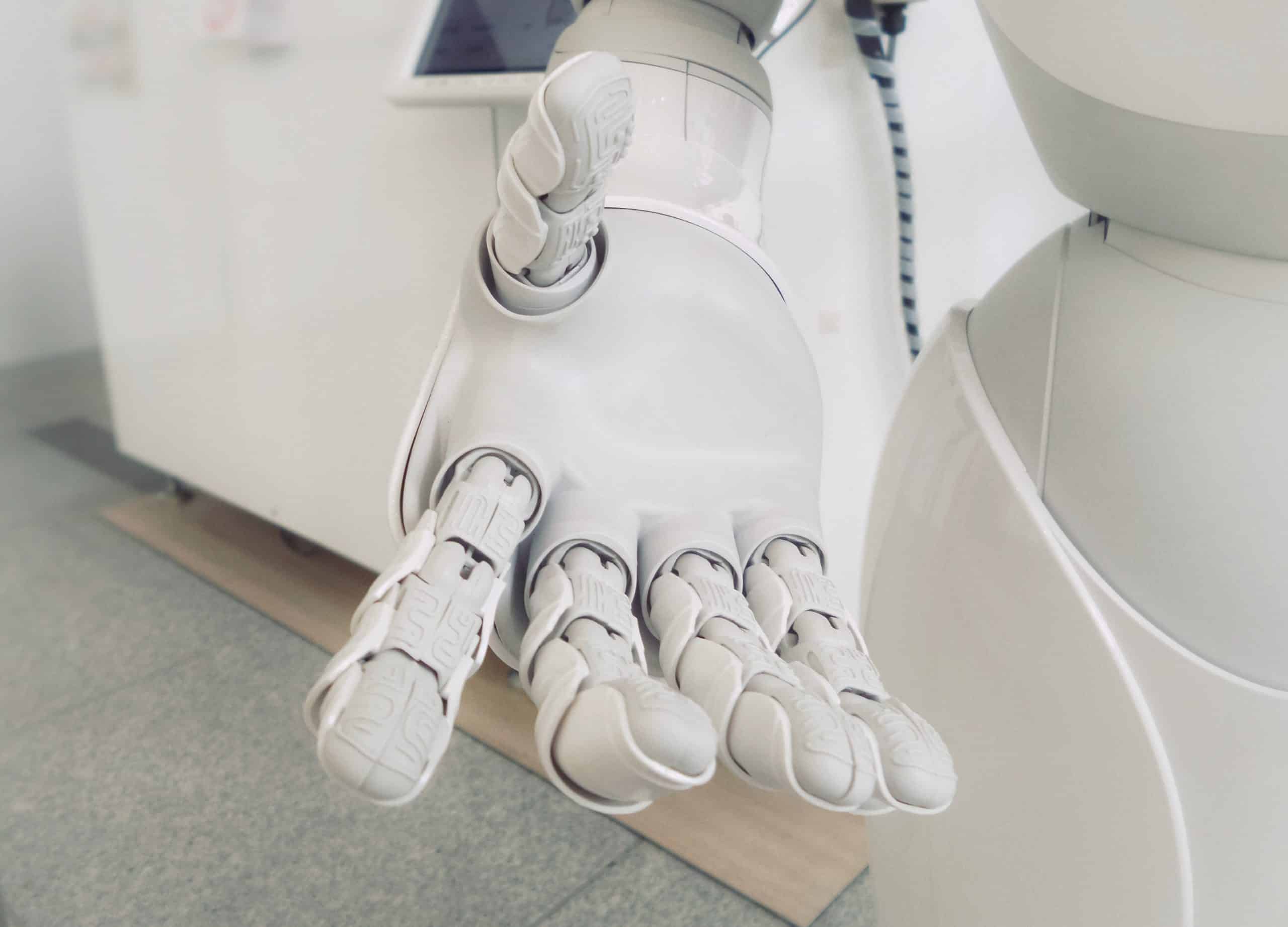5 ways that AI is influencing logistics

Logistics has long been a critical component of business, and with the ongoing increase in eCommerce, streamlined, efficient logistics have become more important than ever before.
There is increasing discussion around AI in logistics (and many other industries), but for many the concept of AI is a daunting one. However, many businesses aren’t aware of either how they are already using AI, or the achievable ways that they can make use of this innovative technology to quickly improve their results.
To help meet rising consumer demands in both eCommerce and delivery expectations, many businesses are turning (knowingly and unknowingly) to Artificial Intelligence (AI) to transform their logistics operation. Improving efficiency, costs, and customer satisfaction.
In this blog post, we will explore the ways that businesses can use AI to positively impact their business.
Supply Chain Optimisation
One of the primary ways AI that is impacting logistics is through over-all supply chain optimisation.
Using the correct technology and integrations, AI algorithms are able to analyse vast amounts of data from various sources, such as suppliers, manufacturers, and distributors, to identify inefficiencies and improve processes.
By optimising supply chains, companies can reduce costs, increase efficiency, and improve customer satisfaction.
Inventory Management
AI is also affecting logistics by improving inventory management.
Using Inventory Management Systems, businesses can predict demand, optimise inventory levels, and reduce stockouts. This helps businesses to avoid overstocking, which ties up capital, and understocking, which results in lost sales.
AI can also help companies identify slow-moving items, identify trends and patterns, and forecast future demand.
Predictive Maintenance
Another way AI is affecting logistics is through predictive maintenance.
By monitoring vehicles, equipment, and machinery in real-time, AI algorithms can identify potential issues before they become significant problems. For instance, using MaxOptra drivers can conduct daily vehicle checks to keep track of vehicle maintenance and feed the technology with the correct data.
This allows companies to schedule maintenance proactively, reducing downtime and ensuring assets are always in top condition.
Route Optimisation
AI features heavily within route optimisation.
Advanced algorithms, such as those used by MaxOptra, analyse various factors such as traffic patterns, weather conditions, delivery time slots, and delivery locations to determine the most efficient routes for transportation.
And by optimising these routes, businesses can reduce transportation costs, improve delivery times, and minimise carbon emissions.
Autonomous Vehicles
While still in the early stages of development, autonomous vehicles have the potential to revolutionise logistics.
AI-powered autonomous vehicles could significantly reduce transportation costs, increase efficiency, and improve safety. While there are still significant regulatory and technical hurdles to overcome, many companies are investing heavily in autonomous vehicle technology.
In summary
It’s clear that AI is already affecting logistics in numerous ways, from supply chain optimisation and inventory management to predictive maintenance, route optimisation, and autonomous vehicles.
As AI technology continues to evolve, we can expect to see even more innovative solutions that will further transform the logistics industry. And businesses that embrace this technology will be well-positioned to gain a competitive advantage in the marketplace moving forward.
Maxoptra System
© MaxOptra, 2023. Privacy Policy and Cookies
